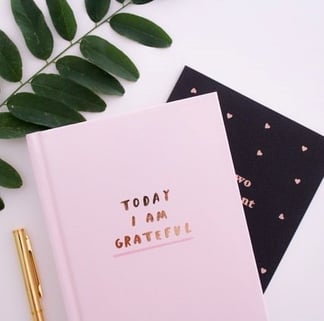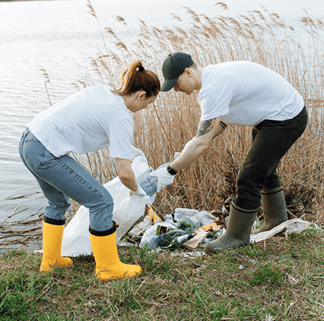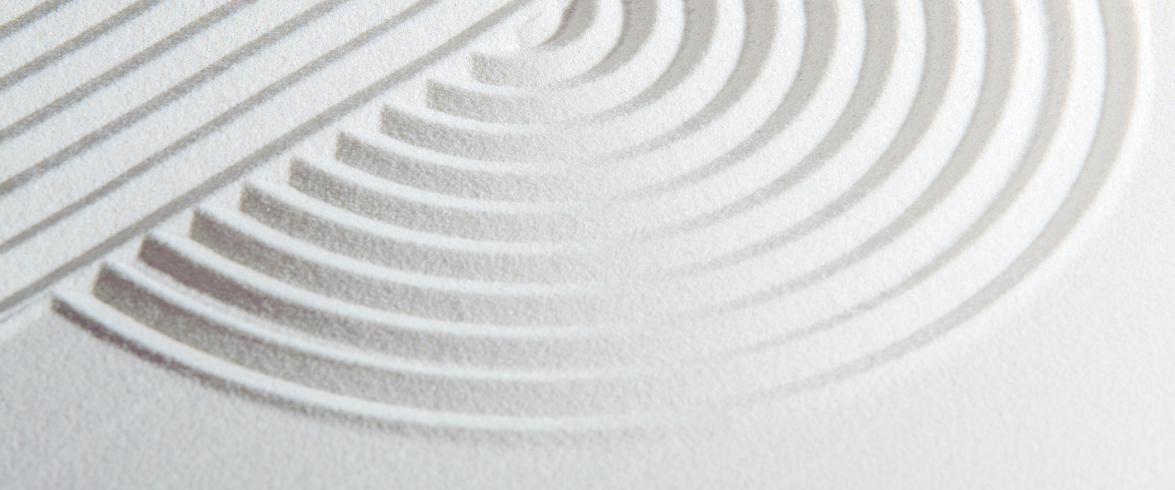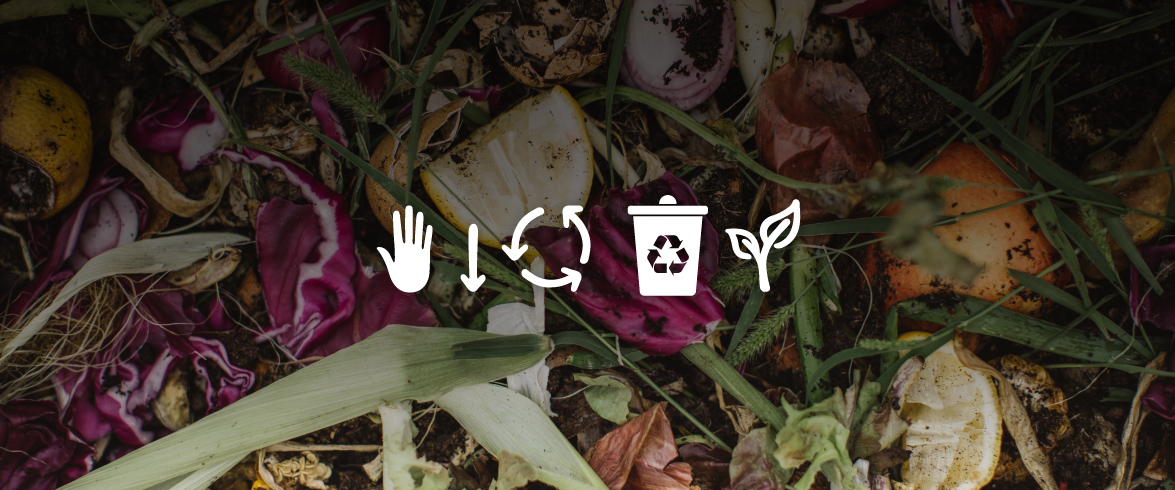Gratitude is a concept that tends to get entirely forgotten in the hustle and bustle of today’s busy lifestyles. So what is gratitude? And how can you express it, simply and directly without being considered over the top and in the front of the queue for the funny farm?
Defined as the quality of being thankful; a readiness to show appreciation for, and to return kindness. Sounds pretty straight forward, right? Then why do we find it so hard to look on the bright side when it feels we are constantly confronted with the inconvenience of 8am traffic, a soggy sandwich at lunchtime and that constant nag of never ending housework that is always waiting for you when you arrive home?
Beyond the piles of washing and the 6am alarm, most of us have a lot to be thankful for and appreciative of. This isn’t about thinking of someone who is worse off than you and being thankful you are not them. Rather, it is about recognising the positives of your own life – the things you have achieved, the people you have around you, and the direction you want to move in. Gratitude is about focusing on what you have, rather than the constant consumer-orientated focus on the things you don't have (and sometimes desperately want!). It is also about what you can give, of yourself, to someone else – to a friend, loved one, or a stranger.
How is being grateful good for your health?
Research shows that gratitude improves our physical, psychological and social wellbeing. This is because by feeling grateful, we:
- improve our mood
- take better care of our health
- lower our blood pressure
- sleep better
- increase our resilience
- get on better with other people.
How to practice gratitude
Keep a gratitude diary:
- Each day, write down in a notebook three things you feel grateful for.
- Do this in the morning or evening, whichever works best for you.
- Do it every day to get the most benefit from it.
- Be specific – focussing on details works best. So instead of writing “I feel grateful for my partner”, write “I appreciate that my partner made me a cup of tea this evening”.
- Keep looking for new things to be grateful for.
Other ways of developing gratitude:
- Saying thank you: see how many times during the day you can say thank you to someone for a small thing. If it’s a bigger thing, write a thank you note.
- Keeping a reminder with you of something you feel grateful for. A photo of your family or pet on your screensaver, a sound recording of your baby or grandmother on your phone, or that trinket in your purse or pocket that reminds you of a great holiday.
- Picking something you take for granted and feeling grateful for it. This could be your toothbrush, car or coffee mug; it could be having legs to walk with or eyes to see with; or it could be the sun, fresh air or nature.
- Doing a gratitude meditation. Sit quietly with your eyes closed, and focus one by one on all the people you feel grateful for, whether they are still alive or not. Send each one loving thoughts and feelings.
- Writing a gratitude letter. Write a letter to someone you feel grateful for. You don’t have to send it, but if you do, you’ll feel even better, and even more so, if you read it out to them!
- Including the family. Kids can learn to increase their feelings of gratitude too. At dinner, ask each person to name one thing they are grateful for from their day.
- Feeling thankful when you wake up in the morning. Each new day is a gift of life. Appreciate it!
Take it to the next level : Practice Gratitude using our GoodForYou wellbeing program
Designed by Synergy Health, the team behind our GoodForYou wellbeing program, this two-week challenge is to inspire and help you to re-connect with the positive energies in your life through cultivating the art (and science!) of being grateful!
Each day during the challenge, participants receive an email reminding them to login to the system to review some educational material and to find out what their daily task is. The daily tasks are designed to be integrated into their normal daily routine.
Examples of the daily tasks include:
DAY 1
TAKE NOTEModern life is full of noise. Dealing with this constant stream of ‘noise’ can make it very difficult for us to train our attention on the positive things that are actually relevant to us and the lives we lead. So on each day of this challenge (10 days in total), note down three things that you are thankful for.2 Minute Read |

|
DAY 2
PICTURE THISTake a new photo of the person, people, animal or object you are most thankful for in your life. Print this photo off and put it on display somewhere that it can be seen on a daily basis. Remind yourself why you appreciate the subject(s) of your photo.2 Minute Read |

|
DAY 3
POSITIVE SPINOrganise some time for yourself (lunch break, coffee break, commute, etc.) and think about a time or an event that was quite negative at the time but which lead to new opportunities and/or a different focus on life that you are now thankful for.2 Minute Read |

|
DAY 4
DEPARTMENT OF ZERO COMPLAINTSTry to go a whole day without complaining about anything, but in particular, life’s minor irritations. Not even once! We are not saying you won’t have anything to complain about – legitimately, but we want you to learn to just shrug your shoulders and get on with what you need to do.
|

|
DAY 5
GIVE OF YOURSELFGive the gift of time, donating a minimum of 30 minutes of your labour to a person or organisation. Make arrangements to help a work colleague, friend, neighbour, or organisation. Help out with housework, shopping, ironing, cleaning someone’s car, gardening, baby-sitting. Go down to the local SPCA and offer to spend time with the animals.2 Minute Read |

|
Some Feedbacks from Users
“The challenge made you take the time to smell the roses; to reflect on how we need to reinforce our gratitude especially to those we love the most and whom we often take for granted".
“I began to be more positive in my thinking and less negative thoughts. This improved my morale at work as well as at home and changed my attitude towards those around me. More WE and Less I”.
“I think this entire challenge is amazing. Writing the love letter really was a special moment, with some amazing results already. Loving the gratitude challenge!”
This is a great Self-starter challenge to participate in with family members so why not encourage others to start on the same day as you.
To join this challenge, make sure you Login or Register to GoodForYou - our Health & Wellbeing Program. It is Free for all HealthCarePlus and UniMed policyholders. And please remember, you can add up to FIVE family members and friends for Free too.
If you are not a HealthCarePlus policyholder, you can still join for just $4 per month. Just follow the simple instructions here.




